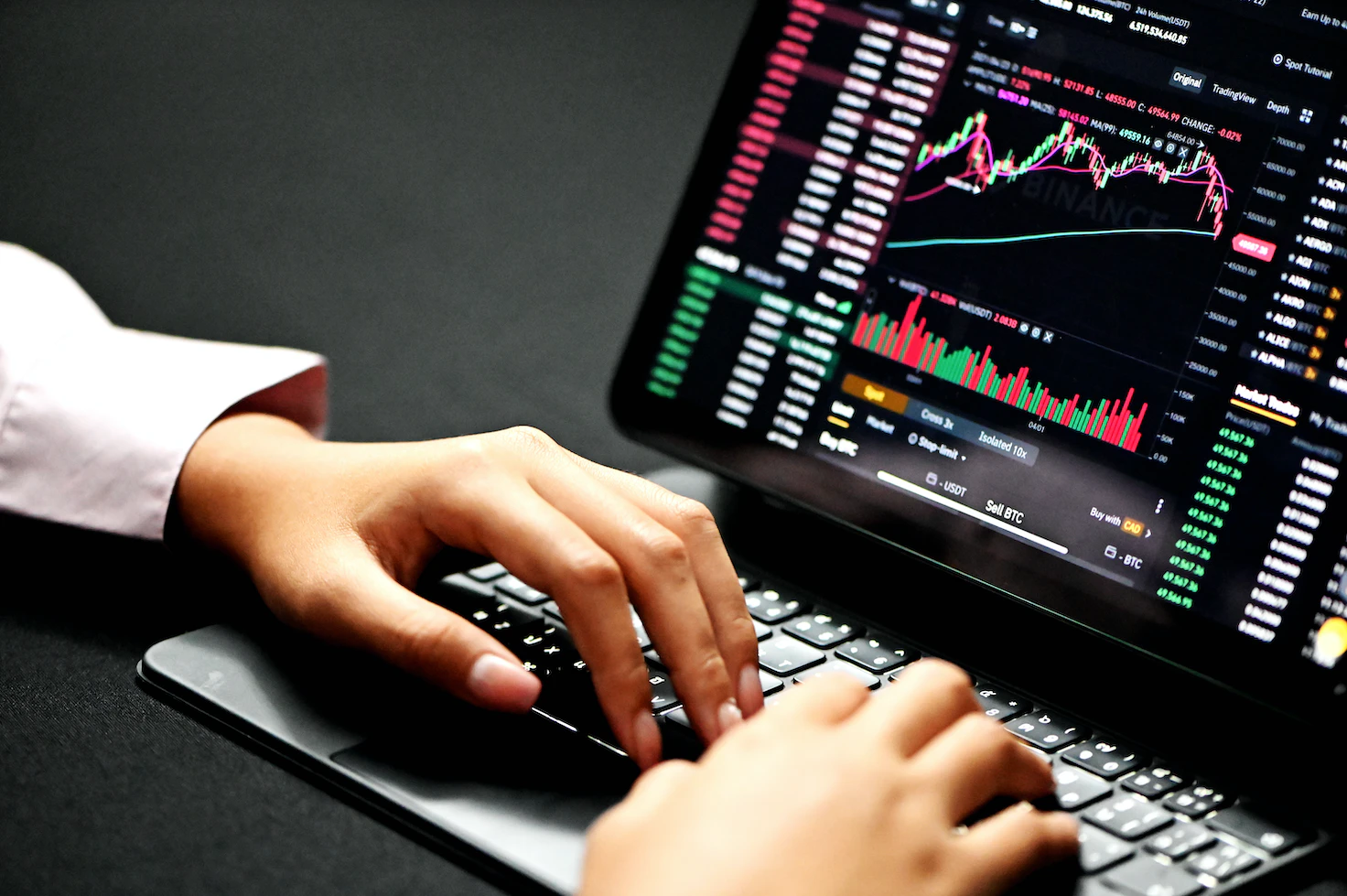Why Forex Trading Is A Smart Investment For Businesses
4 Mins Read
Published on: 13 September 2023
Last Updated on: 09 November 2024

toc impalement
Foreign exchange (forex) trading has been part and parcel of businesses for centuries. Medieval merchants hauled precious metals across enemy territories to trade. Millennia later, modern American companies export technical know-how and import finished goods from China. At every point in history, foreign exchange is vital to the success of businesses.
Nowadays, investing in foreign exchange-as-a-product is a viable option for businesses of all sizes across most industries, and today, we’ll go over how and why companies should consider forex trading.
What Is Institutional Forex Trading
Institutional forex trading has different meanings depending on who you ask. Still, in this context, it’s the process by which an organization, company, or state invests in foreign exchange markets directly or indirectly.
Institutional trading applies to stock, equity, forex, and options trading. Contrary to popular belief, trading forex is an option available to companies of all sizes, and most organizations can engage in different levels of foreign exchange activities based on their needs. Even institutions you might least expect, like hospitals, engage in forex activities when foreign patients pay to enter the United States for specialized treatments and care.
Why Do Institutions Trade Forex?

As we’ve established, companies engage in market activities for different reasons. For some, it’s an essential part of their business; for others, it’s an opportunity to diversify income sources. Here’s a breakdown of some reasons companies trade forex.
International Trade
Due to how specific industries and companies are set up, international trade is essential for some businesses, meaning they must trade currencies directly or indirectly. A good example is a retailer selling t-shirts from China in the United States. The retailer gets a quote from their producer converted from Chinese Yuan (CNY); they pay for their orders in USD while the retailer receives CNY in their home country.
As businesses grow, they may start trading foreign currencies to mitigate risks associated with having access to unwanted or unneeded currencies. Doing this is especially important as companies expand operations to foreign countries.
Inflation Insulation
In recent months, companies globally have turned to forex trading to mitigate losses due to inflation. Such practices occur everywhere but are more widespread in countries with weaker currencies and economies.
No matter where a business is situated, forex trading can be an exciting and practical way to fight back against inflation. Companies operating in countries with “questionable economies” also consider foreign exchange a way to get ahead of inflation. An excellent example is an American company with outlets in Colombia converting their local profits to USD before inflation or currency devaluation affects it.
Alternative Income Source
A growing subset of institutions choose to trade forex because it can be profitable. Most businesses are interested in maximizing their profits, and if they can achieve this through foreign exchange trading, many businesses opt for this option. Nothing is certain in life, and business is no exception, so it makes sense that organizations and governments try to diversify their income sources through currency exchanges. Sometimes, businesses unknowingly achieve this goal by holding multiple currencies and letting the market do its thing.
How Do Businesses Trade Forex?

Depending on the size, scale, and industry a business operates in, there are several ways firms can actively trade forex; they include:
In-house Trading
In-house trading involves a company creating a small team or designating someone for trading currencies. You can find smaller companies using this forex trading means; it can be useful for most SMEs.
Hedge Funds
Institutions tend to favor hedge funds for investments, and with hedge funds, companies can choose to invest in various financial instruments. Managers at these funds usually have greater freedom to invest business money how they deem fit.
Hedge funds employ “hedging” strategies that sell and buy corresponding instruments, and sometimes, they choose to execute arbitrage strategies. Due to their business model, these funds primarily work with companies, governments, pension funds, and investment funds.
Hedge funds generally offer impressive returns, but keep in mind that you might encounter higher service fees and exposure to risks.
Investment Banks
These financial intermediaries offer services to institutions and can help companies of all sizes trade forex and other asset classes. Investment banks like Morgan Stanley and JP Morgan Chase offer IPOs, mergers, reorganizations, and different types of services that institutions might need.
Conclusion
The forex market is massive and offers opportunities that other markets might not be able to. Institutional traders can help your company manage large volumes of capital; they can also help companies diversify capacity and income sources.
Forex trading can be an exciting way for your organization to do more, enter new markets, achieve greater capacity, and much more. Institutional foreign exchange trading is worth considering if regulatory hiccups aren’t an issue.
Read Also:


















Comments Are Closed For This Article